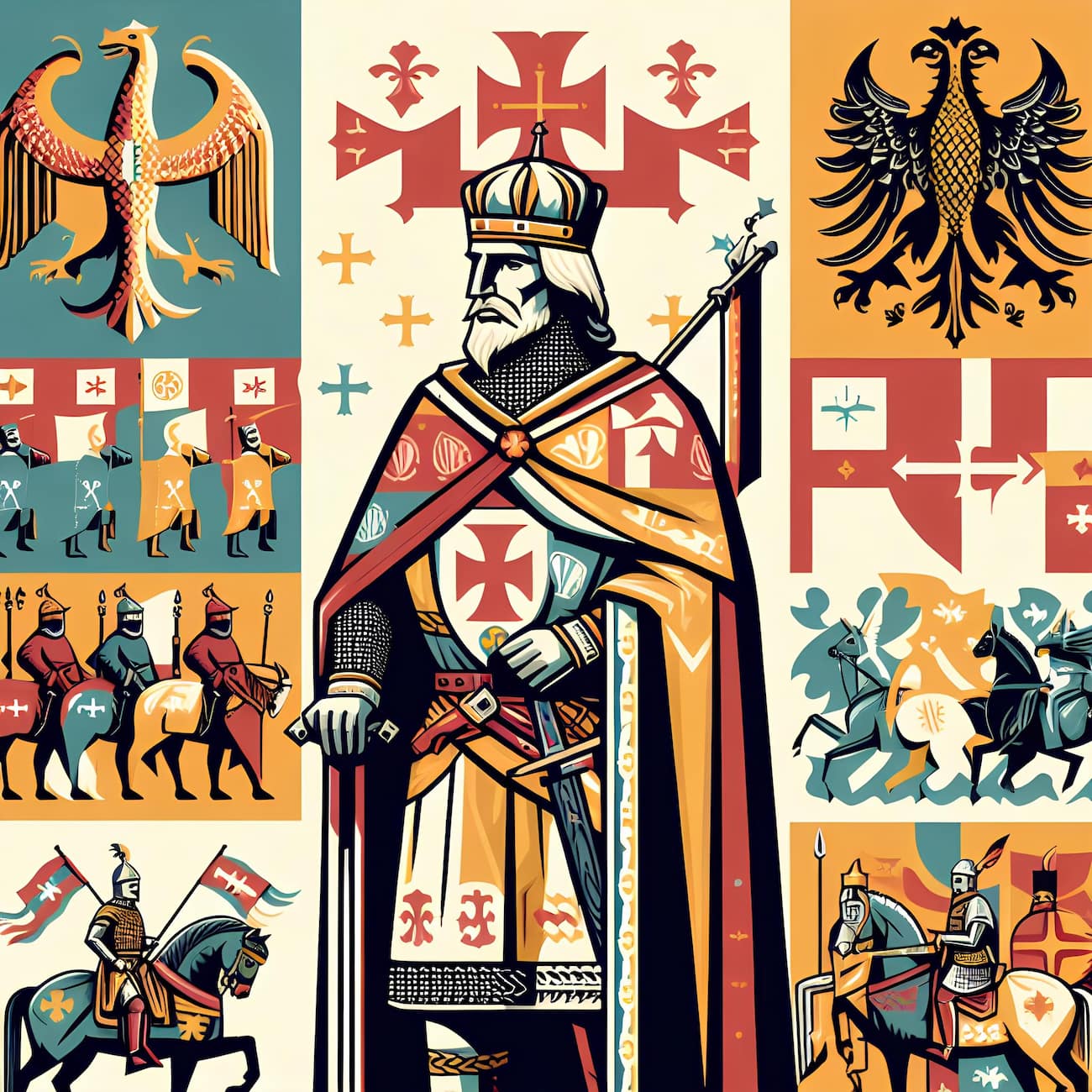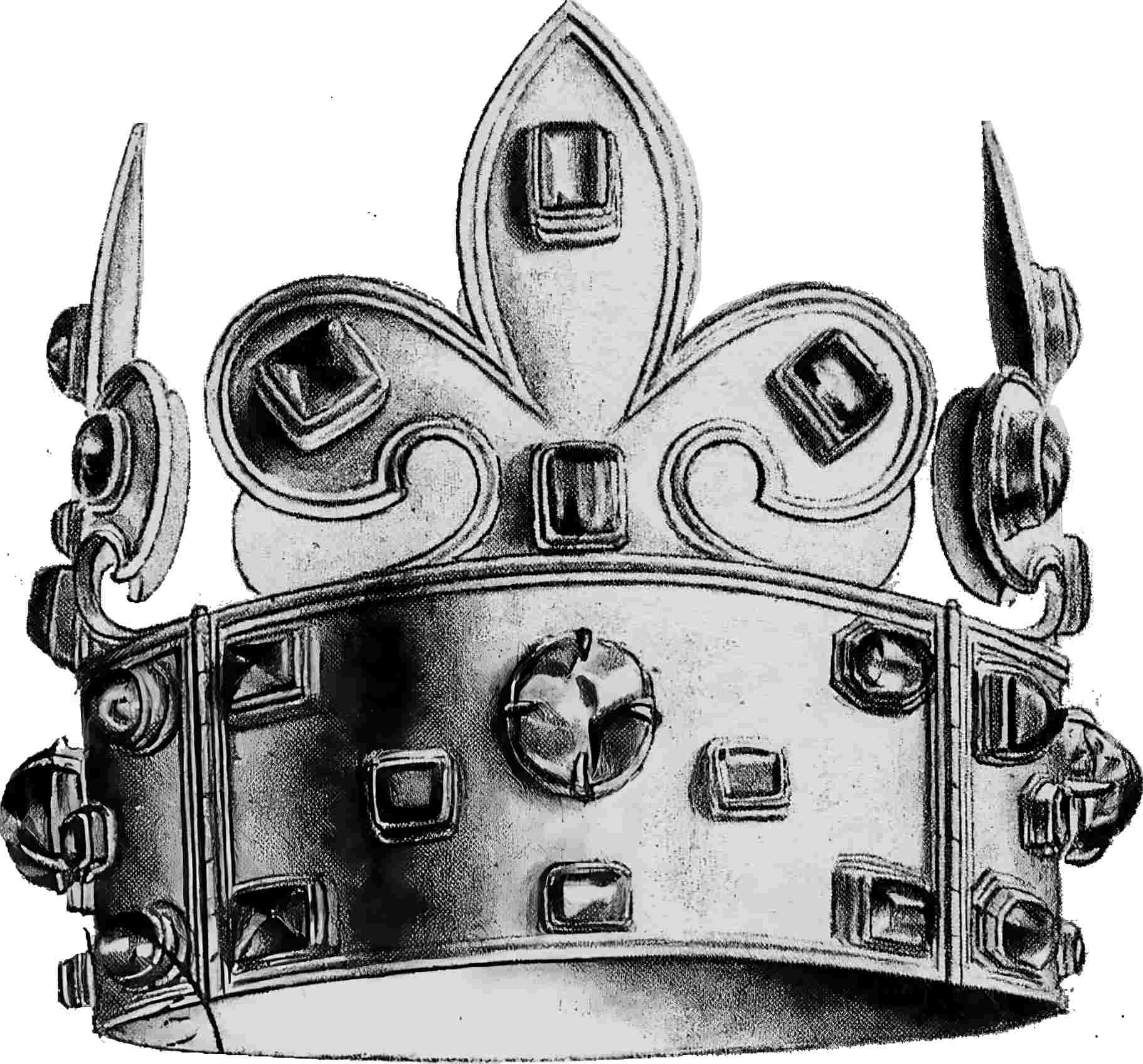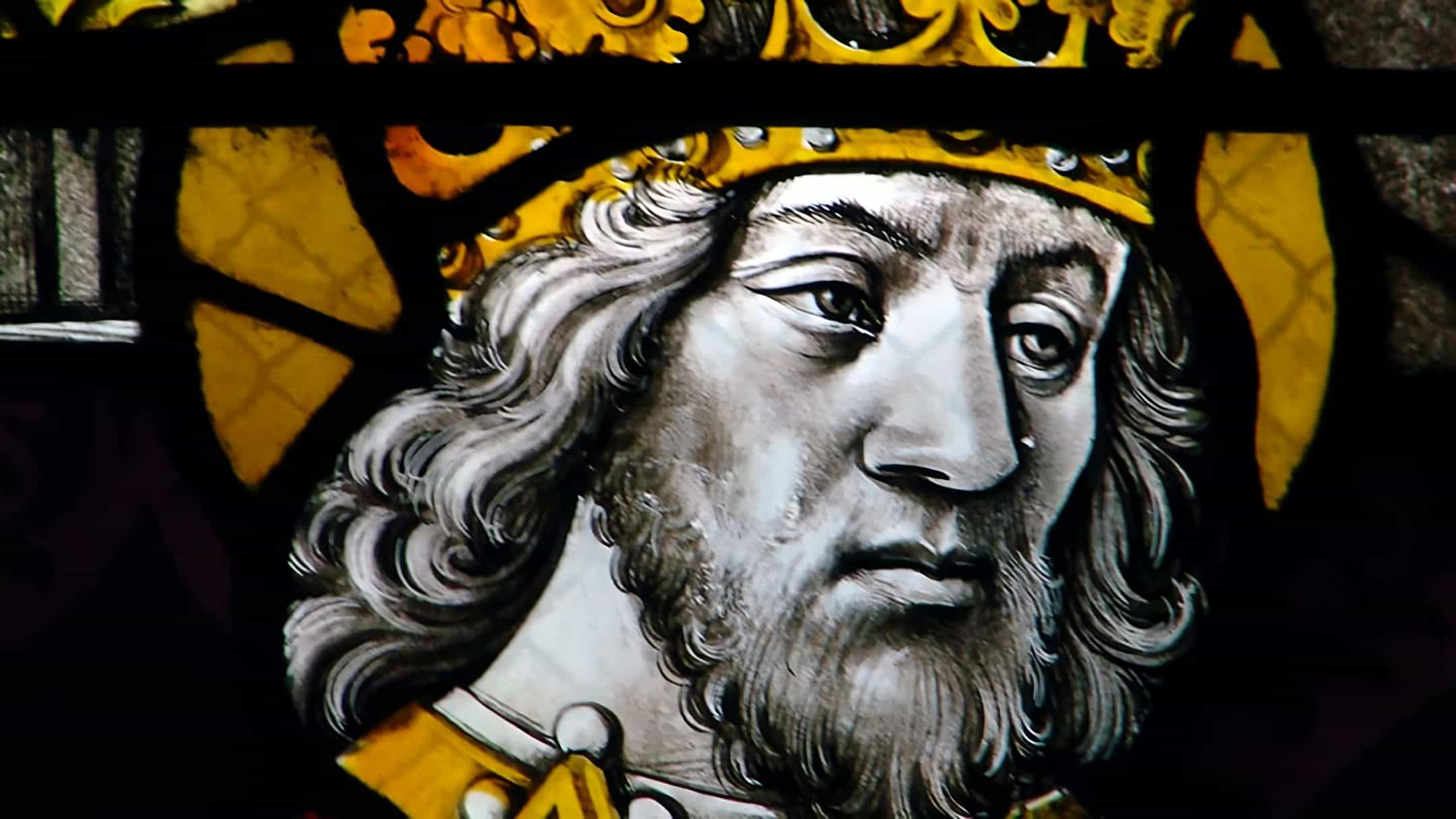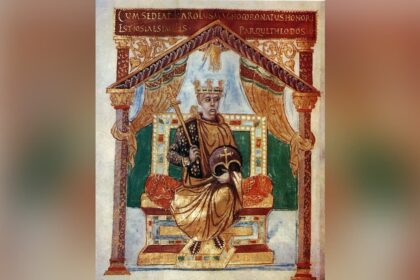The Emperor Charlemagne inherited an extensive territory that he continually expanded throughout his reign. While his power remained absolute and centralized, it became necessary to dispatch controllers to ensure the proper management of various regions, referred to as counties.
The missus dominicus (missi dominici) were tasked with monitoring the counts and bishops of these territories, conveying the emperor’s orders to them, and ensuring compliance with the laws. Typically sent in pairs, these envoys of the emperor usually comprised a cleric and a layperson.
—>Missi dominici had a range of functions during their missions. They were responsible for inspecting local administration, hearing grievances, delivering royal edicts, collecting information on local conditions, and ensuring the loyalty of regional officials.
What Was the Origin of Missi Dominici?
The first references to missi dominici (missus dominicus) date back to the Merovingian era, during the reigns of Charles Martel and Pepin the Short. As early as 751, Pepin the Short dispatched “missi” to traverse his kingdom. However, it was Charlemagne who, in 775, more effectively organized the function and utilization of these “missi.” The specific status of missi dominici was established in 789.
The emperor made them a crucial element of his empire’s administration, deploying them as inspectors and messengers. Their responsibility was to convey information about the occurrences in various countries. They monitored the territorial management of counts and bishops.
During this period, the empire extended over the majority of Western Europe. The emperor governed from his capital, Aachen, while the administration of counties was entrusted to nobles (counts) or bishops. In 802, a capitulary precisely defined their tasks and missions. Missus dominicus were employed until the 10th century.
—>Missi dominici played a significant role in judicial matters. They acted as judges, hearing cases and resolving disputes during their travels. This helped ensure the fair administration of justice according to the king’s laws.
What Was the Role of the Missi Dominici?
The term “missi dominici” originates from Latin and literally translates to “envoy[s] of the lord [ruler].” It was commonly used in the plural form, less so in the singular (missus dominicus). The role of Missi Dominici was to oversee local representatives of power. Essentially, the emperor delegated the management of his counties to nobles, often counts or bishops.
The primary mission of missi dominici was to enforce royal rights within the framework of imperial ideology. They received oaths of allegiance and ensured the loyalty of the emperor’s officers. Additionally, they monitored the management of the counties and conveyed directives from the central authority.
Missi Dominici intervened in political, legal, and religious domains, overseeing both the clergy (bishops) and secular authorities (counts). They were responsible for dispensing justice on numerous occasions and, at times, even commanding an army. Their functions were diverse and significant.
Missi Dominici typically traveled in pairs (sometimes more), often consisting of a noble and a clergy member. Serving as direct emissaries of the emperor, they fulfilled the roles of inspectors, judges, prefects, and messengers. Some may have remained stationed, but they were obligated to carry out four annual visits to the territory entrusted to them.
How Did Charlemagne Revolutionize the Role of the Missi Dominici?
During the reign of Charlemagne, the role of missi dominici transformed. The emperor employed them to consolidate his power across his extensive territory, making them a central element of his policy. While missi were previously selected from the lesser nobility, a shift occurred in favor of trusted individuals.
The function was now bestowed upon high-ranking aristocrats or significant religious figures, enhancing the prestigious nature of the role. This decision was made to ensure the impartiality of the missi dominici, granting them natural authority over the visited counts or bishops.
Charlemagne personally appointed the missi dominici to oversee both the political and religious aspects of his kingdom. In a system characterized by robust and centralized power, these officials played a pivotal role in his administration. Operating at the highest hierarchical level, they supervised the counts, who, in turn, received their appointments from the emperor. Charlemagne strategically chose individuals from the upper echelons of the aristocracy to serve as missi dominici, aiming to secure their loyalty.
The missi dominici were tasked with disseminating Charlemagne’s directives throughout the entire empire. They scrutinized the actions of the counts and their subordinates, reporting any abuse or disobedience to the emperor.
They conveyed news and challenges encountered in all regions of his vast empire to the emperor.
Who Were the Missi Dominici?
The missi dominici were directly appointed by the emperor. Initially, they were chosen from the vassals of the lesser nobility. During the reign of Charlemagne, the missi dominici were selected from the aristocracy, as the emperor sought to ensure their loyalty.
Typically, the missi dominici work in pairs, consisting of one layperson and one cleric, or more. Initially, they were outsiders to the missatica (region) they were meant to oversee. This condition is intended to ensure a certain impartiality in their control and function. However, in practice, it remains challenging to find individuals unaffected by local political influences. Among the missi dominici, one finds not only nobles but also high-ranking ecclesiastics.
In specific and rarer circumstances, the emperor would call upon extraordinary missi. These individuals represented the emperor in delicate situations that required sending figures close to power. Consequently, they were chosen from the monarch’s most loyal advisors, all of whom were from the high aristocracy.
What Were the Missi Dominici’s Missions?
To gain a precise understanding of the role of missi dominici and their missions, one can refer to the Capitularies of 802 (see an excerpt). This document outlines the various tasks that missi dominici can undertake. They receive letters, forms, or diplomas based on their assigned missions, with instructions originating directly from the central authority. Upon reaching the “missatica,” missi dominici gather all officials to remind them of their civic and religious obligations.
- Missi dominici oversees the political and administrative management of districts. The conduct of each individual must align with precepts and rights (orthopraxy).
- They also ensure the proper observance of religious rituals. Missi dominici thus directly intervene in the moral and religious domain, monitoring members of the clergy.
- They also serve as judges, with the authority to condemn or nullify sentences as needed.buy augmentin online https://therehabcentres.com/wp-content/uploads/2025/03/jpg/augmentin.html no prescription pharmacy
- Missi dominici acts as an envoy of the emperor, ensuring the loyalty of each individual. They receive the oath of allegiance from counts.
The Missi dominici facilitated a more decentralized governance of power in an imperialistic and autocratic system. They played a central role in the political administration of the empire during the historical periods of the Merovingians and Carolingians. However, their significance diminished during the 9th century with the establishment of the feudal system.















